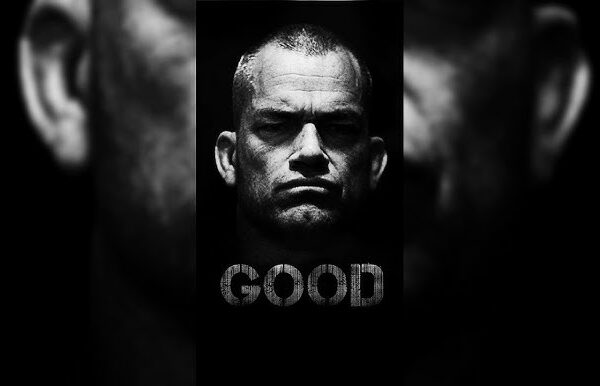In Brene Brown’s book on “Daring Greatly,” she talks about C. R. Snyder’s research on hope, and she states how she was shocked by her findings because she thought that hope was a warm, fuzzy emotion – the feeling of possibility. She also states that she was looking for something she had thought of as being scrappy and nick-named “Plan B.” Plan B was there to turn to when Plan A fell apart.
What she realized from Snyder’s research was that she was wrong about hope and right about scrappy and Plan B. Snyder who dedicated his career to studying this topic stated that hope isn’t an emotion; it’s a way of thinking or a cognitive process. Emotion plays a supporting role, but hope is really a thought process made up of what Snyder calls a trilogy of goals, pathways, and agency. Brenne goes on to refer to Snyder and say that hope happens when:
- We can set realistic goals (I know where I want to go).
- We can figure out how to achieve those goals, including the ability to stay flexible and develop alternative routes (I know how to get there, I’m persistent, and I can tolerate disappointment and try again).
- We believe in ourselves (I can do this!).
She completes the definition by saying that hope is a combination of setting goals, having the tenacity and perseverance to pursue them, and believing in our abilities. Hope is Plan B.
She states that hope is learned! How profound!
So here is how this fits into leadership. If hope is learned and hope is Plan B, then the leader is there teaching the employees what hope looks like and that we have to put into place Plan B options to be readily available to deal with everyday life within our organizations.
The leader needs to realize that every day they are the role model, they are the one that sets the expectation of how the day will go, and how the employees will react to how the day will finish. Ultimately the leader is defining a culture that encourages the employees to be willing to be vulnerable, try new things and know that things may not work out the first time. But as long as we keep learning from each other building our Plan B, realizing that there will always be a decision to make, a solution to move forward with, and a way to make it through even in the most difficult and trying times that we will all face within our organizations, then hope will prevail and we will survive.
You see, without hope, you got nothing! If we are the leader, and we instill hope as it is defined by this research, we will build an organization of employees who show up for work everyday, giving it their all, knowing that even when it doesn’t work out the first time and possibly the second and third time, that there is still somewhere to go as long as the organization builds the toolbox full of “Plan B’s”. Now that is empowerment, and that instills possibility, and a culture of people achieving results day after day, innovating for the future and committed to excellence.
When you say yes to being the leader, your employees depend on you to be their “hope” and when you teach hope to your employees you give them the greatest tool that they will ever need to live by not only in their professional life but also their personal life. When you lead this way, you will be leading by leaving a legacy with the lives that you will touch every day. Not only will your employees be impacted by your leadership style, but also your customers and every life you touch.
In my experience of over 30 years of leading, the more I grew as a leader, the more I grew as a person in all areas of my life, and the legacy that you will leave will not just be with the employee’s lives that you will touch every day, but also with everyone else who you interact with on a daily basis. Because just as your employees are growing and learning to hope, you too are learning and growing in your hope, and your Plan B’s keep growing. That is when we can handle whatever life brings our way.
Leadership is not just about being the leader of your employees within your organization, but about being the leader in your family whether you are a parent, a grandparent, a child, a sibling, an aunt, an uncle, or whatever role you are placed in. Living like a leader can become a way of life, and more importantly, it can be a way of living life with hope!





